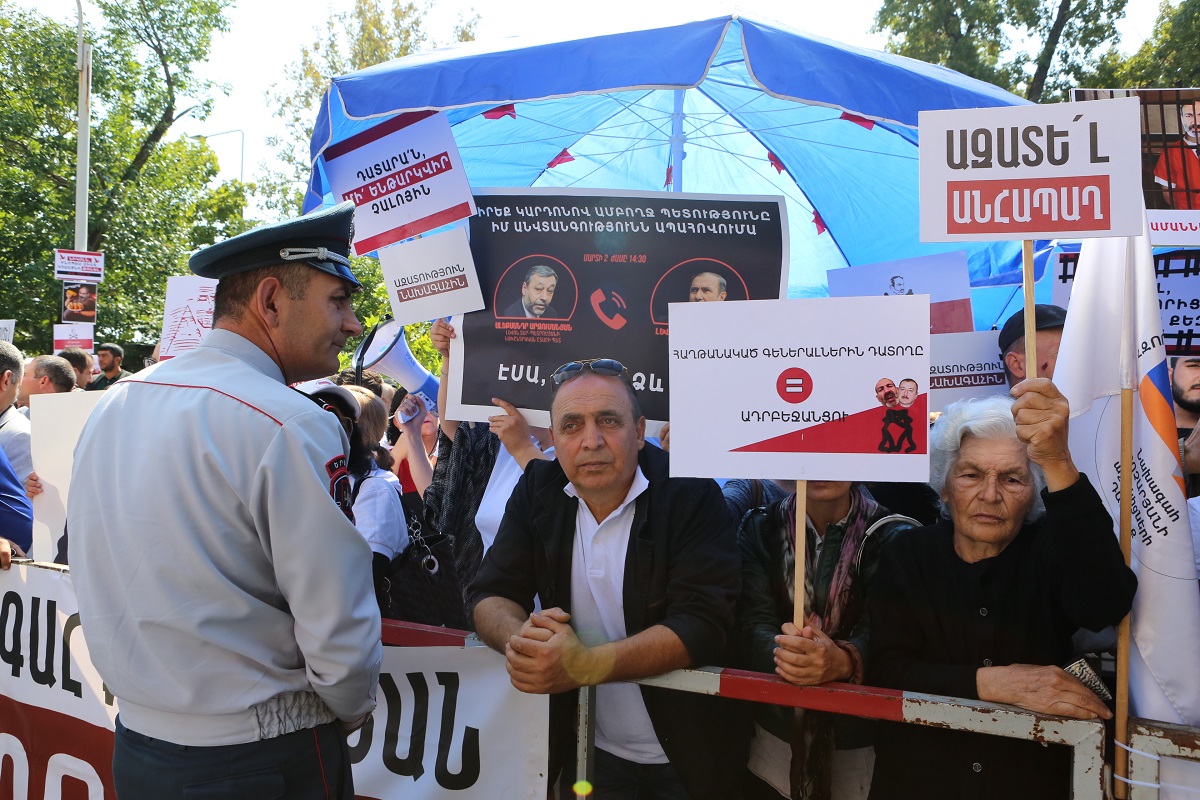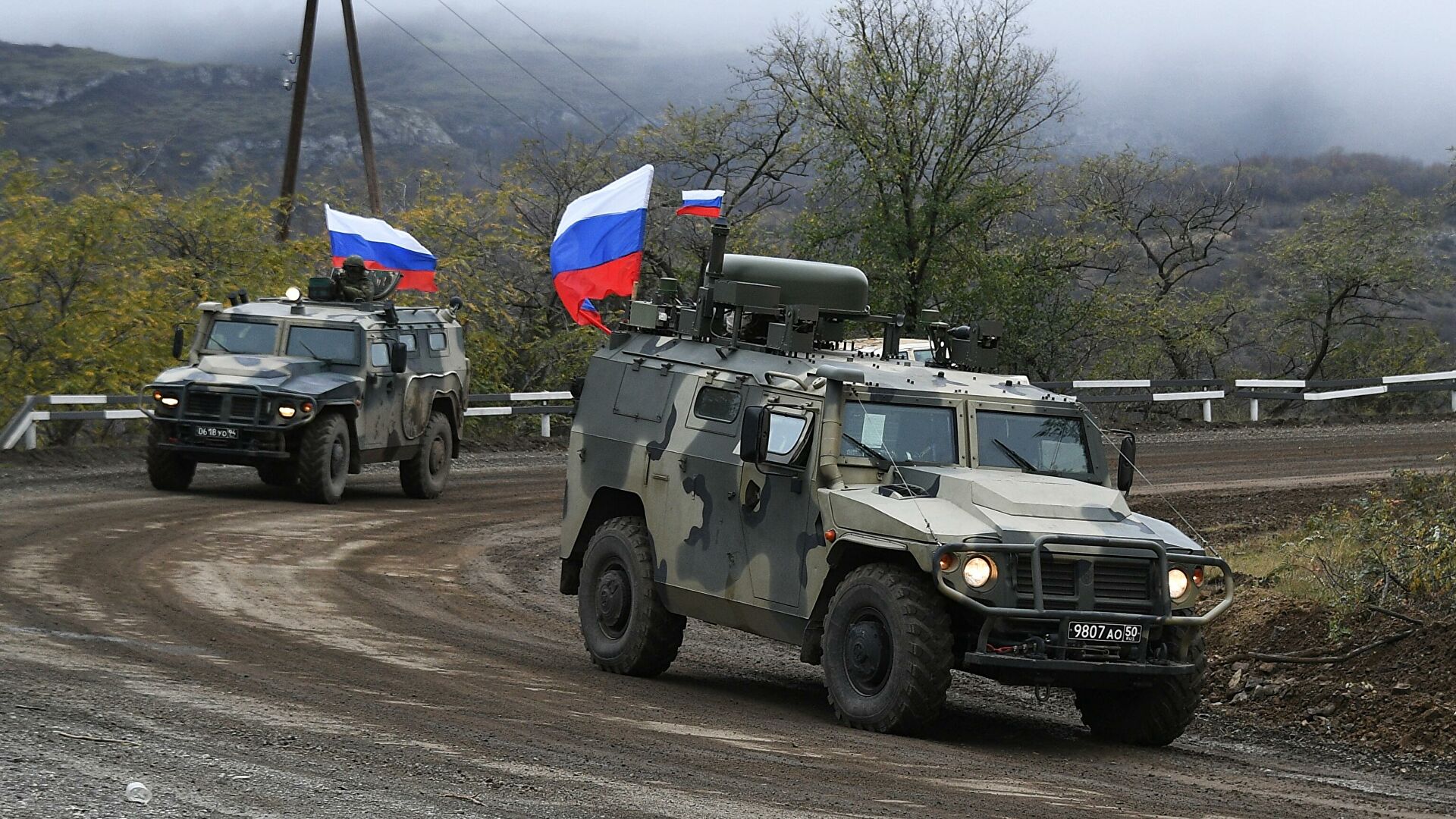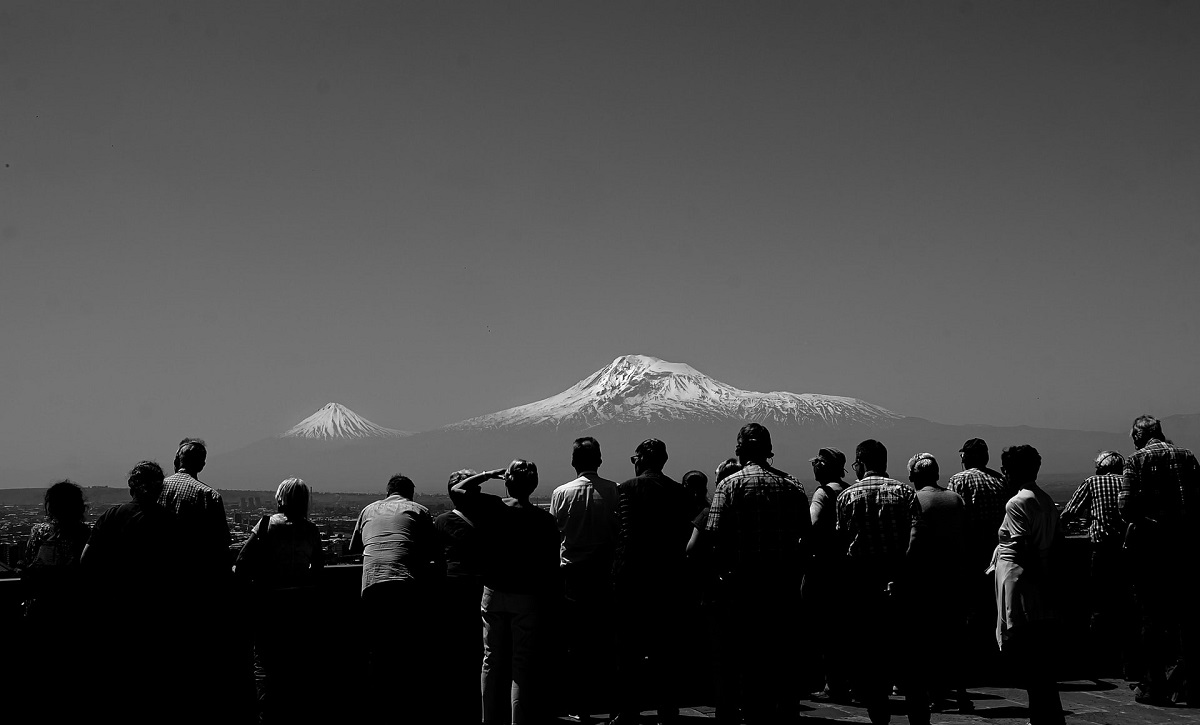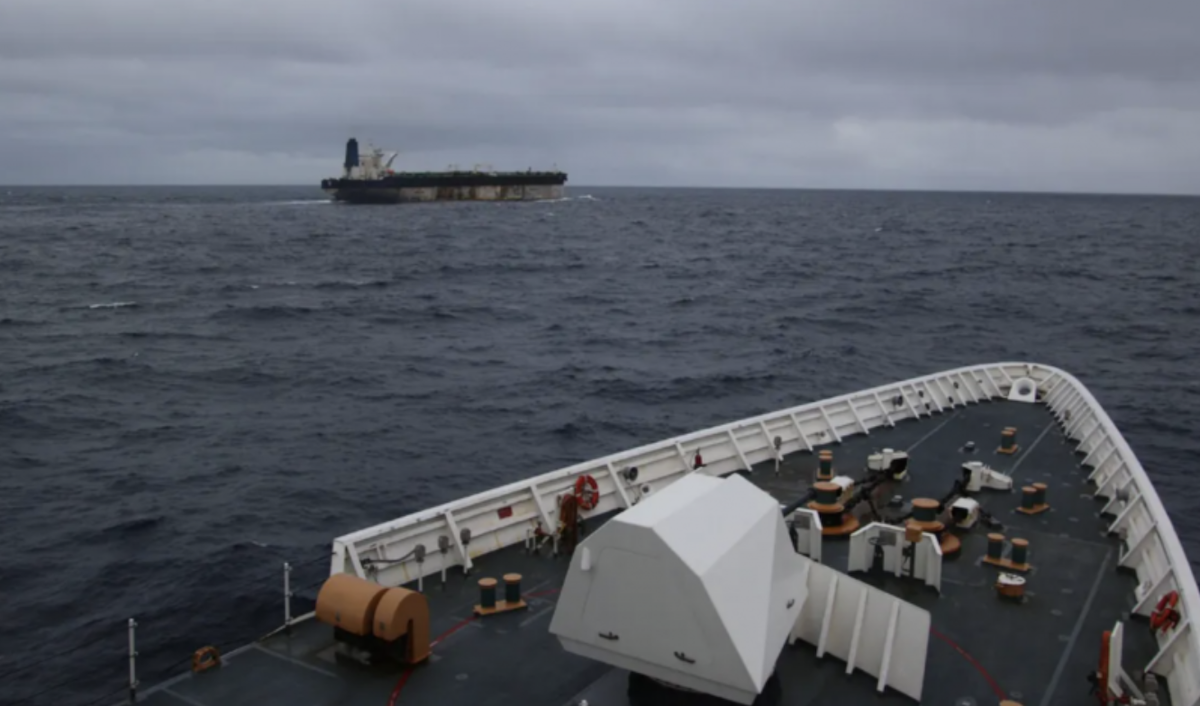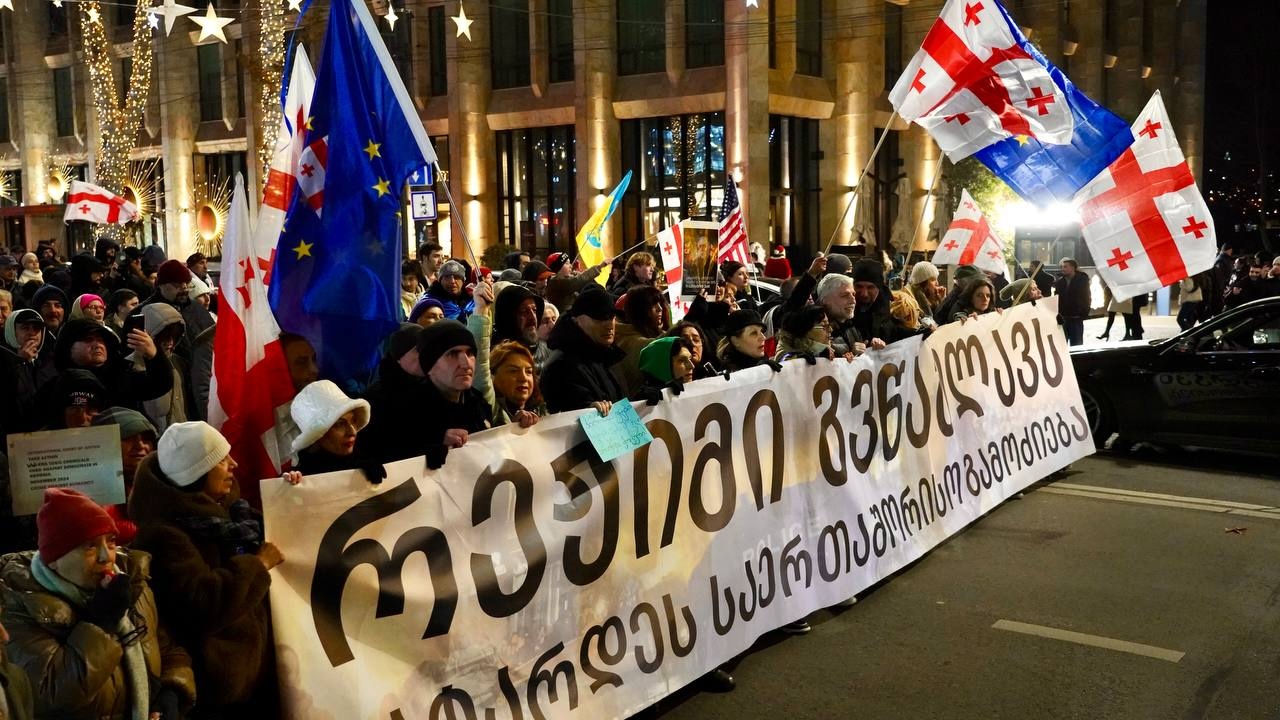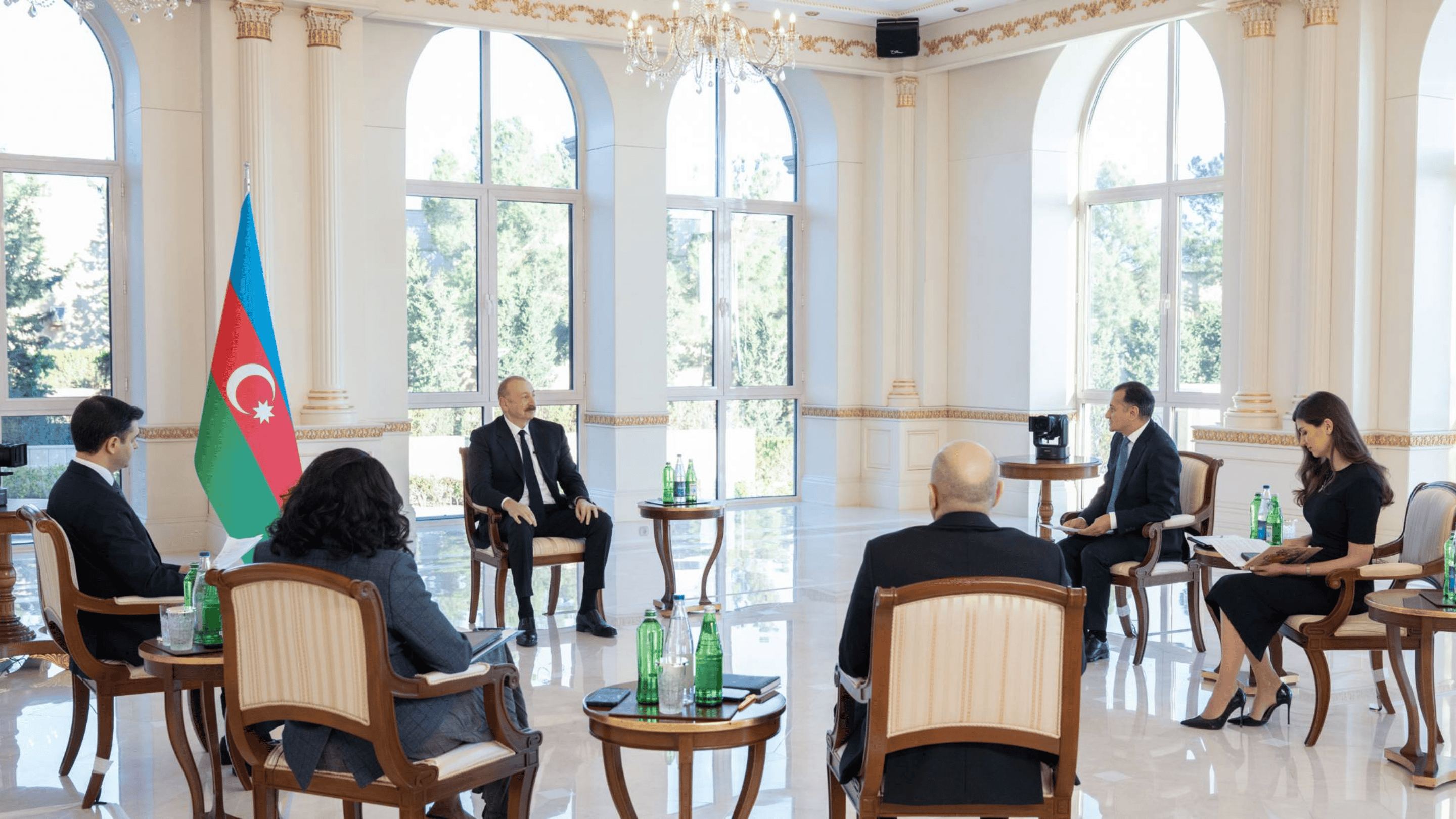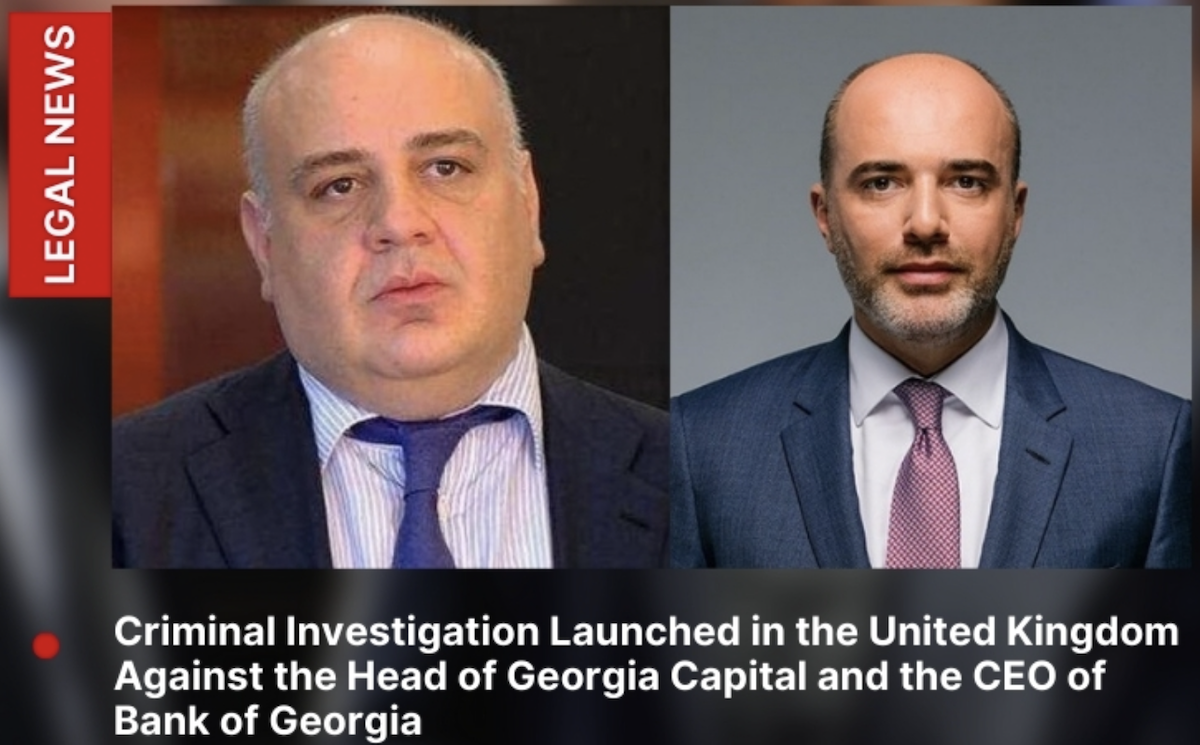Note from Russian Embassy to Armenian Foreign Ministry: Armenians react and analyst comment
Note from Russian Embassy to Armenian Foreign Ministry
A note to the Armenian Foreign Ministry from the Russian embassy in that country expresses indignation at “blasphemous and false accusations against Russian structures being involved in the tragedy at Surmalu shopping center on August 14.” The Armenian Foreign Ministry has promised to “respond in the prescribed manner”, but as yet there has been no response.
But Armenians are actively commenting on the situation on social networks, and analysts are trying to understand what provoked the note from the Russian embassy. So far, no one can figure out exactly what aroused the indignation of Russian diplomats.
On August 14, a fire broke out at the Surmalu shopping center in Yerevan, subsequently causing a powerful explosion. According to the preliminary version of events, a fireworks warehouse caught fire. Sixteen people were killed, one is still missing.
The Russian Embassy published a post on Facebook aimed at the Armenian Foreign Ministry on August 17, a day of mourning in memory of the dead.
What else was said in the note, how Armenians are reacting thereto, and an analyst’s commentary on how the note can be explained and what actually lies behind it.
- Update on explosion at Surmalu shopping center in Yerevan and rescue work
- “Prohibit the free sale of freeworks” – former Deputy Prime Minister of Armenia
- Putin-Erdogan negotiations: agreements on the region and risks for Armenia. Opinion
“Direct provocation aimed at undermining allied relations”
The embassy’s Facebook post expresses outrage at “cynical stuff circulating in the local information space, containing blasphemous and false accusations against Russian structures” being involved at the incident in the shopping center:
“We regard this as a direct provocation by the political forces behind such insinuations, aimed at undermining Russian-Armenian allied relations. We expect steps from the Armenian authorities toward suppression of such unfriendly manifestations, including the necessary public comments.”
The note was sent to the Armenian Foreign Ministry, and that “Russia – represented by the Russian-Armenian Center for Humanitarian Response – has been involved in the work of eliminating the consequences of the tragedy from the start.”
Social media comments
“They came up with it themselves – they themselves were offended. Nothing like this came from any Armenian resource.”
“Some inconsistencies: “We expect steps from the Armenian authorities aimed at suppressing such unfriendly manifestations, undermining the Armenian-Russian allied relations.” Firstly, there is freedom of speech in Armenia, and it is not possible to “stop” any “manifestations” in democratic countries. Although what do you know about freedom and democracy? In your gulag you are not spoiled by it.
“Secondly, the term “Armenian-Russian allied relations” is painfully ridiculous: with allies like you, we don’t need enemies. And finally, on a day of mourning in Armenia, one could at least show respect for human grief. […] I would like to believe that the time of a free Russia will come, but apparently this day is not close.”
“Honour and praise to the Russians who are helping clear the rubble at the site of the explosion. As for the rest, it is Russian official structures that are doing everything to worsen Armenian-Russian relations.”
“For almost six months the world has been “outraged” by the threat of World War III. Since when does Russia care what the world thinks of it?”
“Very strange text. It is not clear who blamed Russia and when. It is even more unclear what is required from the Armenian authorities. Cancel freedom of speech and press, turn off the internet? Claim that it was not Russia that blew up Surmalu? Seriously?”
Analyst comment
Political observer Hakob Badalyan believes that the concern of Russian diplomats and politicians about alleged Russophobia in Armenia would be laughable if it did not directly relate to national security. Moreover, he considers this “anxiety” a consequence of the political technology developed against Armenia – periodically being accused of Russophobia:
“Russia is the main beneficiary of creating the “impression” of Russophobia and anti-Russianness in Armenia. This may seem strange. But isn’t it strange that Russia’s Caucasian policy contradicts the interests of Armenia to the maximum, while Russia is considered the only military-political ally and friend of Armenia in the Caucasus? If we talk about strange things, then this is strange.
“There are two problems that Moscow solves with the help of the specter of “Russophobia”. One of them is to shift the conversation related to Russian politics to the emotional and psychological plane, avoiding talking in the language of arguments and facts as much as possible. Because in this case, Armenia’s arguments will be quite strong.
“And the second is to use “Russophobia” to justify their Caucasian policy, which is built on partnership and allied relations with Armenia in words, but in fact, at a deep level – with Turkey and Azerbaijan. Which, of course, is one of the important links in Russia’s strategy in the so-called Great Game.
“There is no need to deny that there is no Russophobia in Armenia. Are there groups of people who live by this? Of course there are. If you look closer, perhaps the largest proportion of Russophobes can be found among the citizens of Russia.
“[…] Accordingly, in Armenia it is necessary to regularly “ignite” and warm up the “phobia”, thereby overshadowing another phenomenon: a very negative and well-founded public attitude and assessment of Russia’s official policy. It is for this insidious substitution that we need to talk about “phobia”.
“And in this matter, unfortunately, our socio-political elites, in terms of the dynamics and degree of their maturity, are far behind the so-called ordinary public, playing mainly according to rules dictated precisely by Moscow – some of course on their own, many unwittingly.
“[…]The Armenian political system, for tactical reasons, should try to transcend the “West or Russia” dilemma. Because developments have shown that Russia has enough power to use it against us. This force exists to this day, so the problem of changing our tactics of the game remains critical.”
Note from Russian Embassy to Armenian Foreign Ministry










